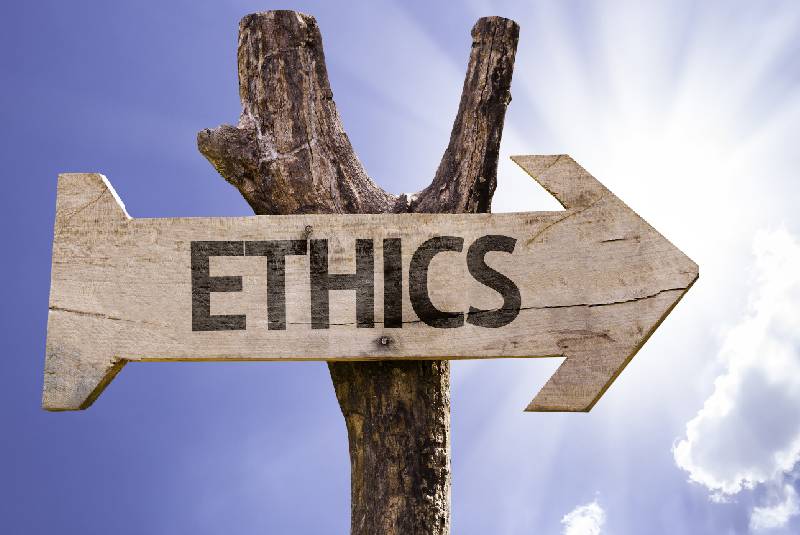×
The Standard e-Paper
Stay Informed, Even Offline

When you or your loved ones fall ill, your wish is to receive the best possible care. You would like to be attended to by physicians and nurses that are well trained and who act with compassion.